BBC's 'Horizons' travel to UK and Kenya
In the fifteenth episode of the Horizons series, presenters Adam Shaw and Saima Mohsin travel to Kenya and the UK to see how access to modern technology is helping improve the lives of millions of people in developing countries.
One in five people on the planet has no access to electricity and according to the United Nations an investment of $48 billion per year will be needed to give everyone access by 2030.
In this episode Saima is in Kenya where approximately 80% of households aren’t connected to an electricity grid. Instead they use kerosene lamps to produce light, which is an expensive, harmful and environmentally unfriendly system that has led Kenya to pledge to be kerosene free by 2018.
In order to meet this pledge, rural communities and businesses are turning to re-chargeable solar powered lamps as an alternative. The Osram off-grid project – a development scheme that has brought energy hubs to communities that don’t have access to a permanent power supply –uses solar panels to charge the lamps, which are also helping to power battery boxes, mobile phones and water purifying systems. Saima visits Lake Victoriaand discovers how fishermen are also switching to solar powered lamps in abid to cut costs, pollution and accidents.
Saima then heads to the Ntugi Secondary School in Northern Kenya, where hundreds of pupils are benefiting from laptops provided by non-profit organisation
One Laptop per Child (OLPC), a project set up to design, develop and build low cost, durable devices for use in the developing world. The laptops are scratchproof, dustproof, waterproof and anti-glare. The Ntugi Secondary School also uses a 3G network mobile provider, Safaricom, to connect to the internet which has enabled pupils to connect and interact with the rest of the world.
Simon Mwangangi, Ntugi School Group Intern and Ex-Head Boy, explained: “It’s so practical. The practical feat is the design of the laptop itself. It has been done to suit all the harsh conditions. The main challenge here is power. A desktop computer uses eighty watts, which is impossible here. A normal laptop uses sixty watts, but our laptop uses just one watt when in idle mode.”
Over in the UK, Adam Shaw meets Michael Pritchard, the founder of Lifesaver Systems and learns that dirty water is killing millions of people every year due to harmful bacteria and viruses. However, a new type of filter – produced by Lifesaver systems –uses nano-technology to produce water that is safe to drink. It is now being used as a humanitarian, leisure and military aid. Adam even tests the filter’s effectiveness, by using it on dirty pond water, which he then drinks.
Michael Pritchard, Inventor and Founder, Lifesaver Systems, said: “The British Government alone spends around $8billion each year on foreign aid. We only need $20 billion and we will end global water poverty if we can only persuade people to use this kind of technology to solve the problem. We can move on to other problems because water poverty will have ended”.




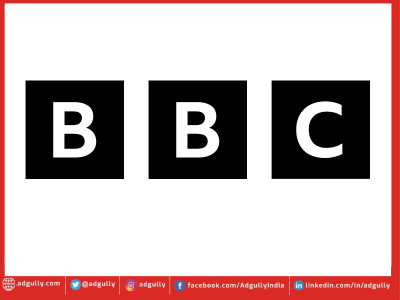
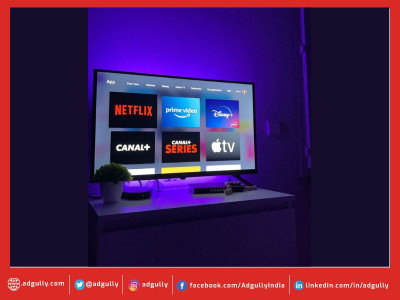


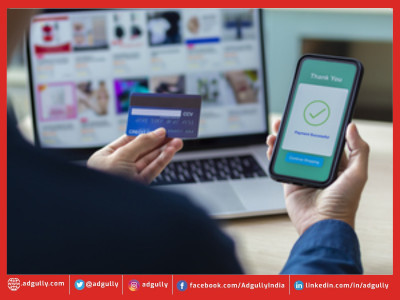


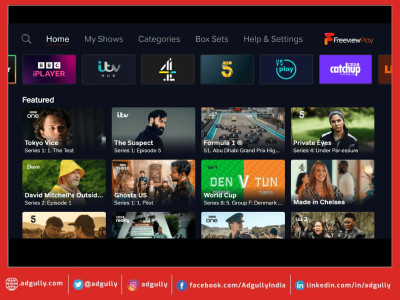
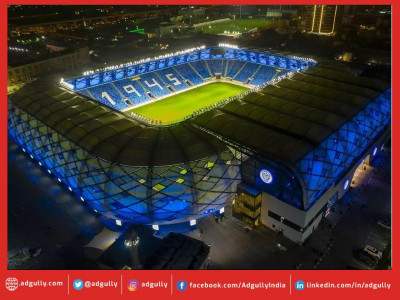

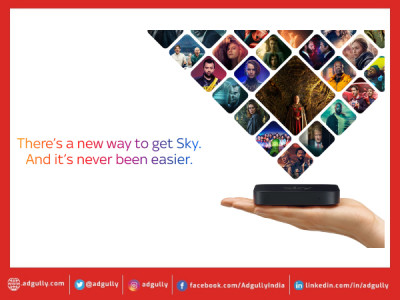
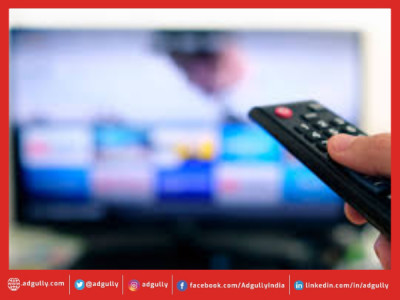


Share
Facebook
YouTube
Tweet
Twitter
LinkedIn